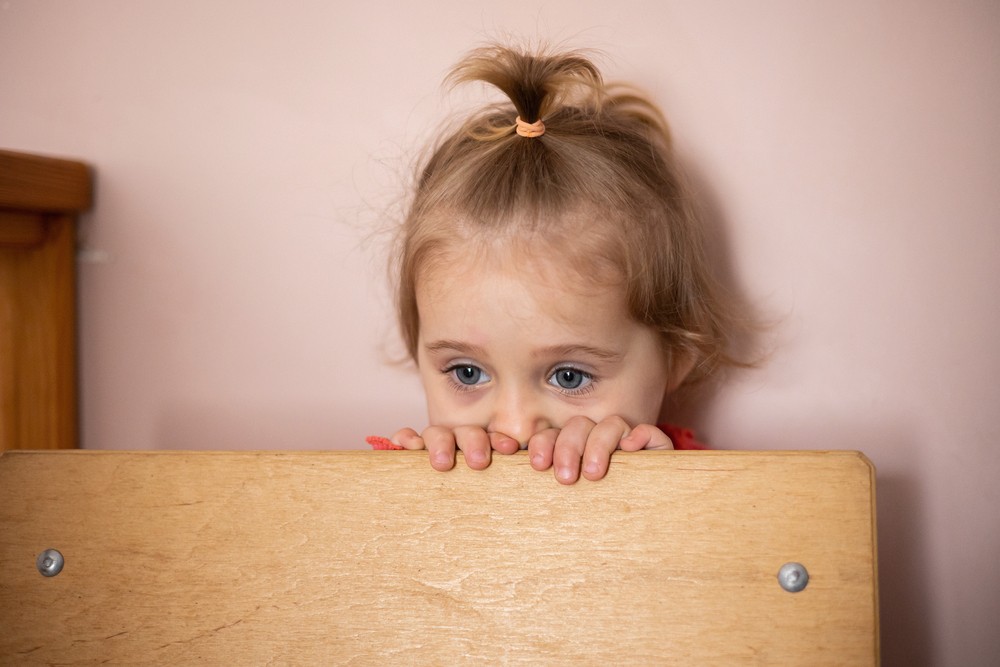Ukrainian children in the Czech Republic face challenges due to their limited knowledge of the Czech language, even more than a year after the war began. However, schools struggle with a shortage of teachers proficient in teaching Czech to foreigners, according to a study by the National SYRI Institute.
The lack of language skills hampers Ukrainian children’s ability to adapt to the collective environment. To address this, it is crucial for children to achieve at least a communicative level of Czech as quickly as possible, ideally on par with Czech schoolchildren. However, intensive Czech language instruction is only available to a limited extent in Czech schools, explains Klára Šedová, head of the research group.
In many cases, Czech language and literature teachers, who lack experience in teaching foreigners, have taken on the responsibility of teaching Czech to Ukrainian students. Alternatively, Ukrainian assistants, who understand Ukrainian but lack pedagogical training, offer support to newly arrived students.
Experts highlight gaps in the system, noting that the education of foreigners receives little attention in pedagogical faculties and undergraduate studies. There is currently no specialization for teachers of Czech as a foreign language.
The Ministry of Education, Youth and Sports (MoYS) emphasizes the importance of qualified teachers with experience teaching foreigners to instruct Czech to foreign students. This can be accomplished by first-grade teachers, Czech language teachers, or foreign language teachers. The ministry accredits educational programs for teacher professional development, including courses offered by the National Pedagogical Institute, universities, and other organizations.
Some universities, such as Charles University and Masaryk University, offer programs specializing in teaching Czech as a second language for primary and secondary schools. Additionally, continuing education options are available at the University of West Bohemia and the University of South Bohemia.
Efforts to improve qualifications for teaching pupils with a different native language can be pursued through courses organized by the non-profit META society, among others. However, systematic inclusion of this field in higher education is lacking, with faculties of education yet to accredit courses focused on Czech for foreigners or Czech as a foreign language.
The shortage of teachers negatively impacts the Czech language proficiency of Ukrainian students and their future employment prospects if they choose to stay in the Czech Republic. This situation already affects their success rates in secondary schools. The majority of students who fail to secure a place in secondary schools are Ukrainians, primarily due to language skills rather than intelligence or ability, notes Lucija Slejšková, an analyst with the educational institution EDUin.
Seznam Zprávy reached out to five elementary schools in cities with a significant Ukrainian population. Three of them managed to find specialists to teach Czech as a foreign language. For example, at Staňkova Elementary School in Brno, where Ukrainian students account for about a third of the student body, they are taught by experts in classical Czech. However, other schools, like Na Stínadle elementary school in Teplice, lack teachers specialized in teaching Czech as a second language.
The knowledge of the Czech language is crucial for Ukrainian children to adapt in the classroom. In cases where schools cannot provide sufficient instruction, families may arrange tutoring after school hours. Tamara Korovan and her son, who left Ukraine due to the war and now live in Brno, have benefited from such tutoring. While the Czech language has become easier for her son through tutoring, the psychological impact of the war and leaving loved ones behind remains challenging. Children adapt at different rates, and exposure to the Czech environment gradually facilitates language learning, adds researcher Shedova.
Ukrainian students represent the largest group of foreigners in the Czech education system, with 51,281 enrolled in Czech schools as of last March. Among them, nearly 40,000 attended elementary schools, while only about 3,


















